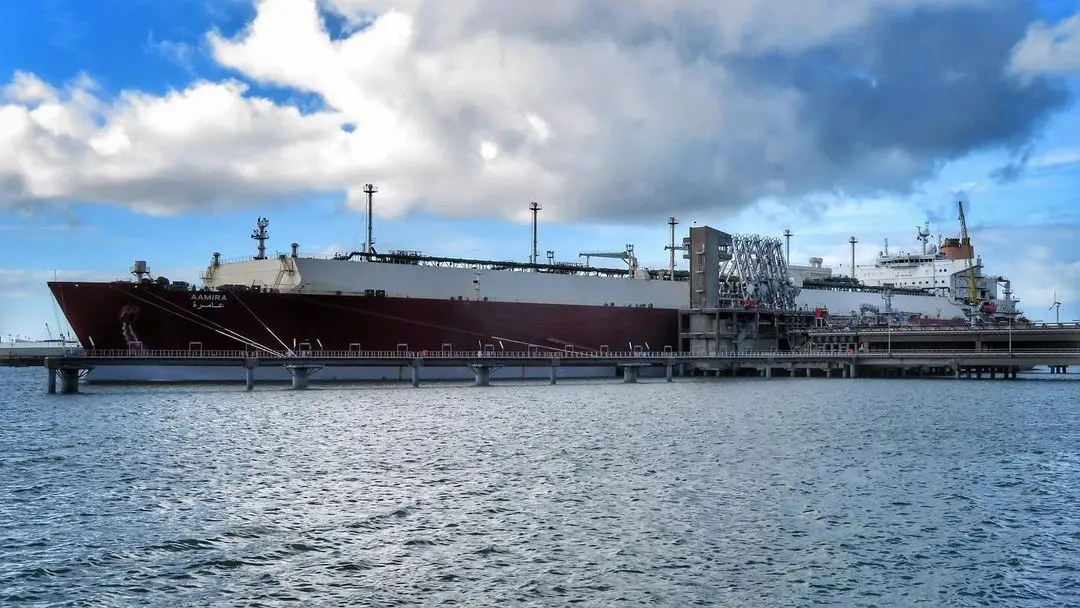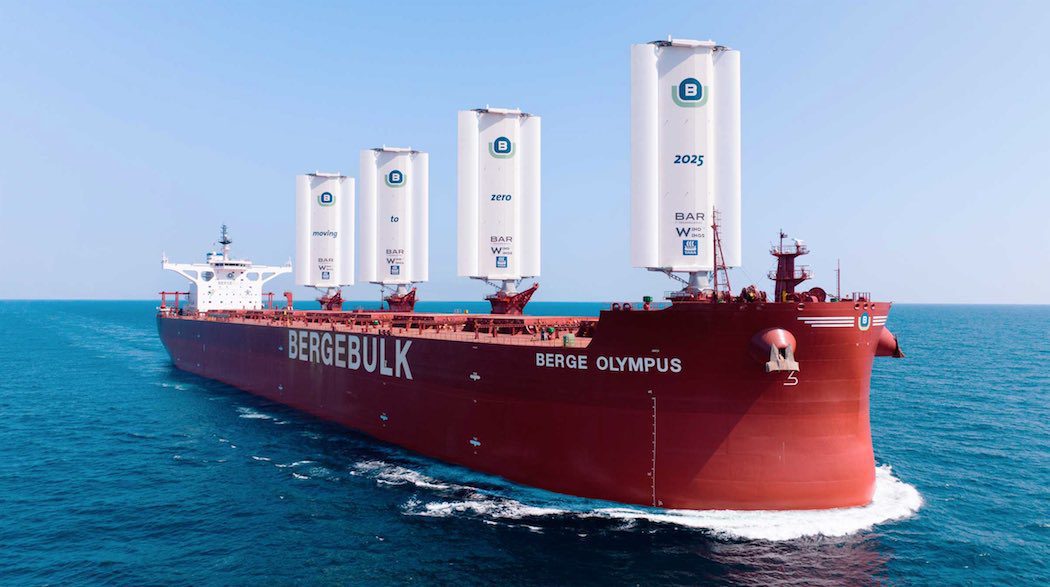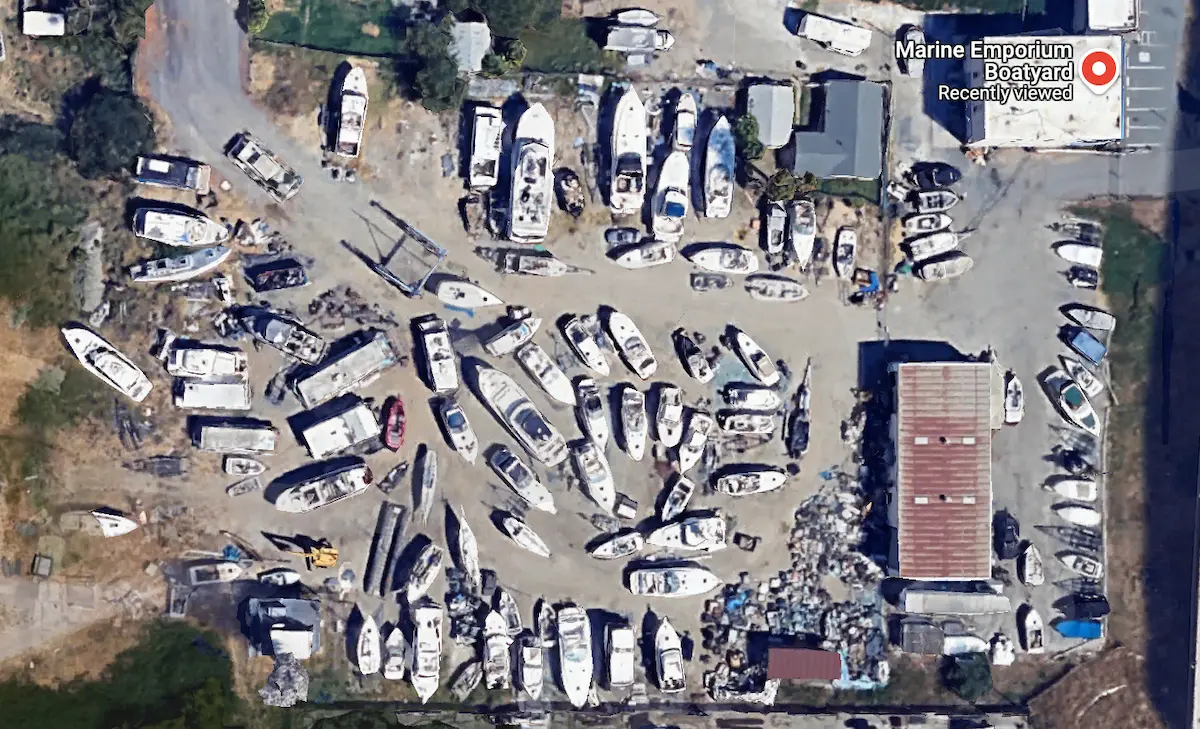The United Nations Convention on the Law of the Sea (UNCLOS), 1994, Regulation 90, grants the right to all states to register ships under their flags and to sail them on the high seas.

The flag states as part of their responsibility is expected to maintain administrative, technical, and social oversight over their ships.
UNCLOS Article 94(5) requires flag states to take steps necessary to secure observance of generally accepted international regulations, procedures, and practices. This assertion, however, does not reflect reality, and in many cases, shipowners have to be forced to act within the law. This is the case for port state control.
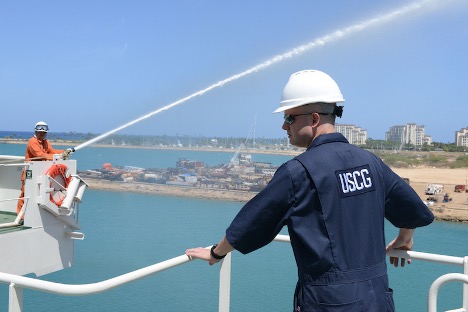
Port State Control (PSC) is the inspection of foreign ships in national ports to verify that the condition of the ship and its equipment comply with the requirements of international regulations and that the ship is manned and operated in compliance with these rules.
There are several compliance requirements that must be met for a ship to pass a PSC inspection, including standards for the vessel itself, the crew, and the ship’s documentation. In this article, I’ll talk about what port state control is, its benefits, and its relationship to flag state control.
What Is Port State Control?
The International Maritime Organization (IMO) has developed several conventions that lay down standards for the construction, equipment, and operation of ships. These conventions are binding on the countries that have ratified them.
Under normal circumstances, each nation that ratifies an international maritime convention is required to ensure that the convention is implemented. PSC regime is guided by IMO Resolution A.882(21), which is the current version of the IMO Procedures for Port State Control.
In addition, the parties are required to domesticate the convention, that is to incorporate the provisions of the convention into their local legislation. However, the implementation may sometimes meet with difficulties. For example, the incorporation of the conventions into the national legal systems of each state may sometimes take time.
Occasionally there may also be inconsistencies between the convention and the legislation that will put it into effect, or the implementation of a convention may not be a priority for the member state.
As a result, the fact that a convention is conceived does not always translate into its implementation and effective enforcement. It is under such circumstances that the PSC acts as a safety net- to uncover ships that somehow or the other might fail to comply with acceptable standards.
Port state control is a regime by which ships are inspected by officials from the port country to ensure that they comply with international maritime Conventions and that they are not a threat to the crew, the port, or the surrounding coastal area.
The main objective of PSC is therefore to verify that a ship is safe and fit for its intended purpose. It is also a means through which coastal states prevent sub-standard ships from entering their ports.
PSC Relationship to Flag State Control.
Port State Control (PSC) is a program through which maritime authorities inspect foreign-flagged ships in their country to verify compliance with international conventions and standards.
After a ship is inspected, the PSC authority may act if any deficiencies are found. This action may include detaining the ship, ordering the ship to make repairs, or issuing a fine.
Flag State Control (FSC), on the other hand, is an inspection carried out by a respective Flag State on ships under her flag to ensure compliance with international conventions and standards that the flag state has ratified and comes under the provisions of UNCLOS 1982, 94(5), “flag states fundamental duties’. While the FSC authority may delegate inspection and enforcement to PSC authorities, the ultimate responsibility for compliance rests with the FSC authority.
PSC and FSC are both important programs, complementing each other to ensure compliance with international maritime laws. PSC provides an additional layer of protection for port states, while FSC ensures that ships flying a particular flag are complying with the flag states’ obligations.
Port State Control (PSC) is a maritime safety initiative that aims to verify a ship’s compliance with international conventions and standards. It is the responsibility of the flag state (the country where the ship is registered) to ensure that a vessel meets all the required safety standards. However, in practice, it is often difficult for flag states to effectively monitor all the ships under their jurisdiction.
This is where PSC comes in. Under PSC, maritime authorities from different countries carry out inspections of foreign-flagged vessels that are visiting their ports.
These inspections check for compliance with a range of international conventions. If a ship is found to be not in compliance with the requirements of any of these conventions, the Port state takes actions it deems necessary to ensure compliance.
Thus, Port state control and Flag state control both works towards goals that are separate but congruent – compliance with international maritime conventions.
Regional Co-operation Mechanism in Port State Control.
A Memorandum of Understanding (MOU) in port state control is a method that has been adopted in different regions of the world for the purpose of harmonizing port state controls in that particular region.
As a result of such regional cooperation on port state control, ships are now able to undergo inspections in a region, and a reporting system is implemented to keep the other coastal states within the region informed of the condition of ships that have been inspected, as well as to dissuade owners from utilizing ships that have been found substandard, particularly those that have been targeted by other coastal states within the region.
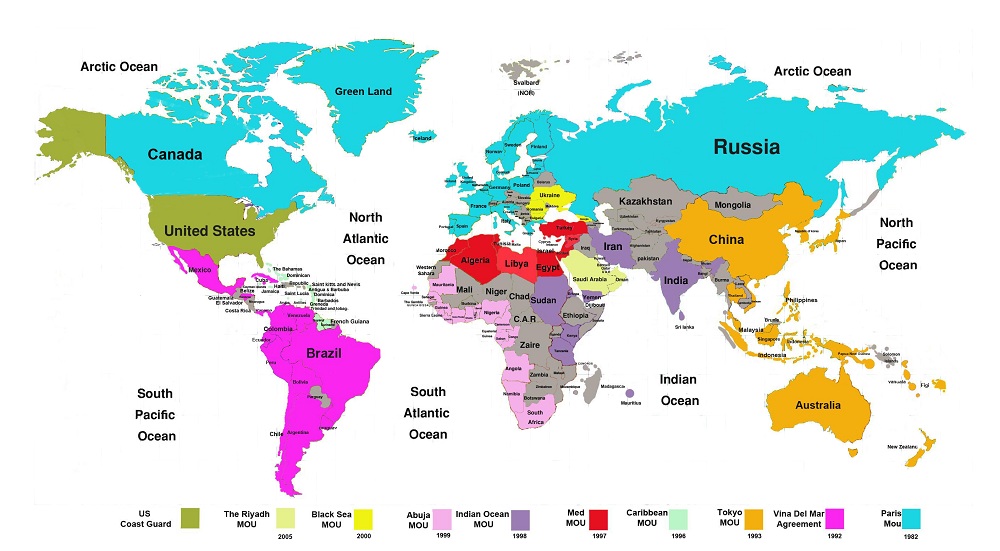
The implementation of memorandums of understanding, or MOUs, for regional cooperation in port state control, is the only other option and the most efficient technique accessible to get rid of subpar ships, as well as to safeguard the lives of mariners and preserve the natural environment of the ocean
Initially, these inspections were supposed to serve as a backup to the implementation that was being done by the flag state; but experience has proven that they may be very effective on their own. The organization voted to adopt resolution A.682(17), which promotes the conclusion of regional agreements and calls for regional cooperation in the regulation of ships and discharges.
In most cases, a ship that is going to a port in one country will also visit other countries in the region. As a result, it is possible for inspections to be more effective if they can be closely coordinated in order to concentrate on ships that do not meet the standards and to avoid conducting multiple inspections. This not only ensures that as many ships as possible are inspected, but it also ensures that ships are not delayed as a result of inspections that are not essential.
So far there have been 9 MOUs signed in the following locations:
- Europe and the North Atlantic (Paris MOU);
- Asia and the Pacific (Tokyo MOU);
- Latin America (Acuerdo de Via del Mar);
- Caribbean (Caribbean MOU);
- West and Central Africa (Abuja MOU);
- the Black Sea region (Black Sea MOU);
- the Mediterranean (Mediterranean MOU);
- the Indian Ocean (Indian Ocean MOU);
- the Riyadh MOU.
The United States Coast Guard maintains the tenth PSC regime.
Advantages Of Port State Control.
The advantages of port state control (PSC) are many and varied. PSC is an important tool in the maritime industry for ensuring the safety of the ship and its crew, the protection of the marine environment, and the prevention of pollution.
PSC inspections are conducted by specially trained maritime inspectors who are able to identify potential safety, environmental, and pollution risks. These inspectors have the power to detain a ship in port if they believe it to be unsafe or pose a risk to the environment.
These inspections are an effective way of ensuring that ships meet international safety and environmental standards. By detaining unsafe ships, PSC helps to prevent accidents and incidents at sea. PSC also provides a deterrent to shipowners and operators who might otherwise cut corners on safety and environmental protection.
Ships that are detained by PSC inspectors are likely to incur significant costs, including the costs of repairing any deficiencies, the costs of demurrage (if the ship is detained for a period of time), and the costs of any legal proceedings that may follow. These costs can be significant enough to deter shipowners and operators from operating unsafe or polluting ships.
PSC inspections are thus an important part of the maritime industry’s efforts to improve safety and environmental protection.
Criticisms Of Port State Control.
As the world’s economies have become increasingly globalized, the shipping industry has boomed in recent years. Along with this growth, however, has come increased scrutiny of the maritime industry’s environmental and safety practices. One key area of concern is port state control (PSC), which is the inspection of foreign ships by maritime authorities of coastal states to ensure compliance of visiting foreign ships with international conventions.
PSC has however come under fire in recent years for several reasons. Critics say that PSC is ineffective in achieving its aims. They argue that it is too reliant on paper-based documentation and that inspectors do not have the time or resources to carry out thorough checks. As a result, many deficiencies are not discovered until after a ship has left port.
PSC is also criticized for being costly and disruptive to shipping operations. The cost of PSC inspections is borne by shipowners, and these costs are often passed on to shippers in the form of higher freight rates. PSC inspections can also cause delays to ships’ schedules, as they can take several hours to complete.
Finally, PSC is accused of being unfair, as it disproportionately targets smaller shipping companies instead of the largest shipping companies. This is because smaller companies are less likely to have the resources to ensure compliance with all the relevant regulations.
Conclusion.
Despite these criticisms, however, PSC remains an important part of maritime safety and environmental protection. Maritime authorities continue to carry out these inspections in order to ensure that ships are safe and compliant with international conventions. PSC is an important tool in the fight against maritime pollution and should be continued as part of a comprehensive approach to maritime safety and environmental protection.
- Types of Gas Carriers as per IGC Code – April 22, 2025
- Wind-Assisted Propulsion Systems (WAPS): A Game Changer for Maritime Decarbonization – February 6, 2025
- 10 Boat Salvage Yards in California – January 25, 2025



